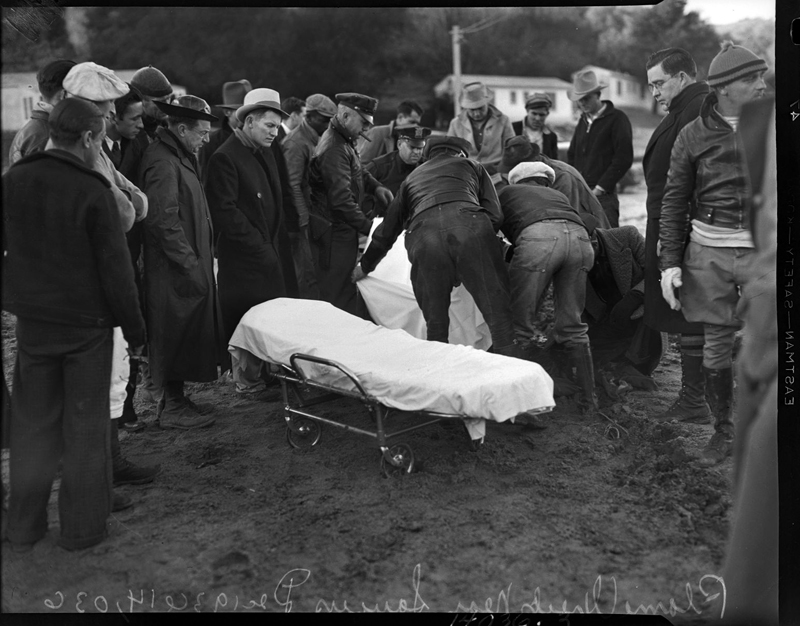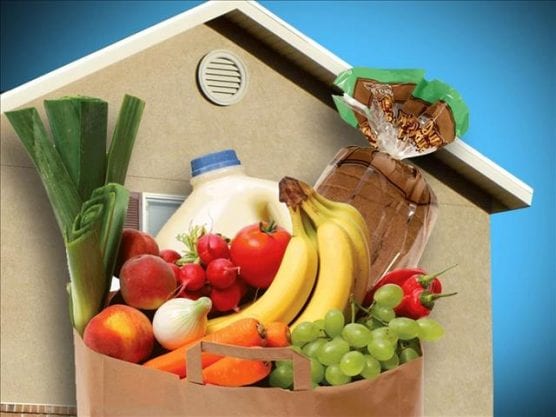SAN FRANCISCO — Two food stamp recipients slapped the U.S. Department of Agriculture with a federal class action Thursday, claiming the Trump administration is defying the will of Congress by denying extra emergency food stamps to low-income Californians.
The lawsuit claims the USDA is wrongly capping food stamps at the monthly maximum of $194 per person in California. That equates to about $6.38 per day or about $2 per meal. The lawsuit says Congress intended eligible Californians to receive an extra $60 per month in emergency aid.
“USDA is denying emergency food assistance to those who need it the most in the midst of this unparalleled economic and health catastrophe,” the 20-page complaint states.
Plaintiffs Robin Hall and Steven Summers say Congress set aside extra money for food stamps in the Families First Coronavirus Response Act, signed into law March 18. They say the law requires the USDA to approve state requests for extra Supplemental Nutrition Assistance Program (SNAP) benefits, commonly called food stamps.
On March 20, the USDA issued a template for states to request extra food stamp allotments, stating the request would “bring all households up to the maximum benefit” for two months. The department then issued a memorandum on April 10 saying the law gives it discretion in approving requests for extra benefits.
On March 25, the California Department of Social Services (CDSS) submitted its request for extra emergency food stamp benefits. In that request letter, the state’s CalFresh and Nutrition czar Alexis Fernandez said the state disagrees with the USDA’s interpretation that households can only receive extra food stamps up to the maximum benefit amount based on household size.
“CDSS finds this interpretation to be in conflict with both the plain language of the act and the circumstances leading to the passage of the act,” Fernandez wrote.
Fernandez added that capping benefits in the way the USDA has prescribed would go against the law’s intent to “alleviate the negative impacts caused by the Covid-19 pandemic.” She said it would “leave the most vulnerable households who have the least resources without any increase in SNAP benefits, as many are already receiving the maximum monthly benefit allotment.”
On March 26, the USDA rejected California’s request, finding it was “not aligned” with the department’s guidance.
The state submitted a revised request on March 27 and ultimately received an extra $253.6 million per month in emergency food stamps benefits for 2.1 million households.
About 4.1 million Californians living in about 2 million households receive food stamp benefits, according to the lawsuit and a 2018 report by the nonpartisan Public Policy Institute of California.
On May 4, the state reported that 1.1 million households received extra emergency food stamps, meaning more than 1 million households were deemed ineligible for extra benefits.
The two named plaintiffs who sued on behalf of all food stamp recipients in California have conditions that make them particularly vulnerable.
Hall is a 45-year-old woman living in transitional housing in Santa Rosa. She suffers from Type 2 diabetes and congestive heart failure. A monthly allotment of $194 in food stamps is her only income, and the charities where she used to get free meals have closed or restricted hours due to the pandemic. She also fears going to the soup kitchen due to the risk of Covid-19 infection, according to the complaint.
Summers is 64-year-old who lives in a rent-controlled studio apartment in Oakland. His only income is $194 per month in food stamps, less $10 each month due to an earlier over-issuance of benefits. The free groceries he used to get from the food pantry now come in pre-selected boxes with fewer fruits and vegetables. In recent weeks, he has depleted his monthly benefits more quickly due to rising grocery store prices and limited supply of lower-price foods. He has also had to stop visiting multiple stores to find the lowest price foods to reduce his risk of infection, according to the lawsuit.
Neither Summers nor Hall are eligible to receive extra food stamps under the USDA’s interpretation of the law.
Summers and Hall seek an injunction requiring the USDA to provide extra emergency food stamp benefits to all eligible Californians beyond the maximum allotment. They are represented by Lindsay Nako of Impact Fund in Berkeley and Alexander Prieto of Western Center on Law and Poverty in Los Angeles.
The USDA did not immediately return an email requesting comment.
— By Nicholas Iovino
Read the complete complaint below.
[Open .pdf in new window]
Like this:
Like Loading...
Related





 Tweet This
Tweet This Facebook
Facebook Digg This
Digg This Bookmark
Bookmark Stumble
Stumble RSS
RSS


























REAL NAMES ONLY: All posters must use their real individual or business name. This applies equally to Twitter account holders who use a nickname.
0 Comments
You can be the first one to leave a comment.